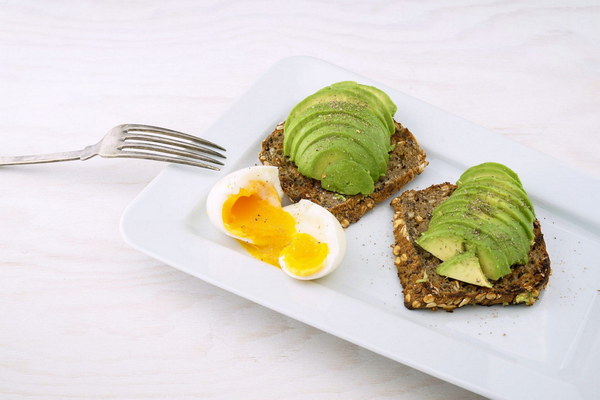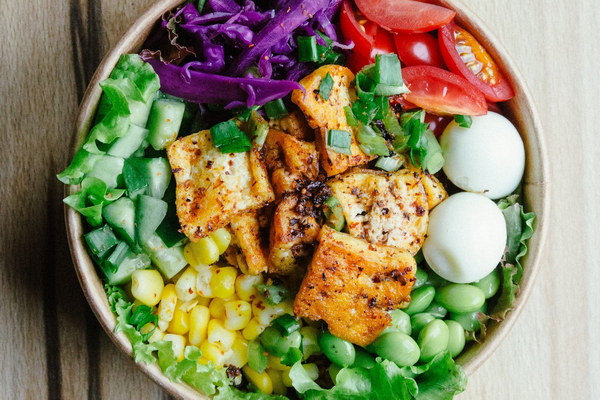The Optimal Times for Body Building and Replenishment When to Fuel Your Health
In the quest for optimal health and fitness, understanding the best times to replenish and build your body is crucial. Timing your nutrition and workouts can significantly enhance your results, whether you're aiming for muscle growth, weight loss, or general well-being. Here's a comprehensive guide to help you determine when it's best to nourish and challenge your body.
1. Post-Workout: The Golden Window for Recovery
The 30-minute to 2-hour window after a workout is often referred to as the golden window for recovery. During this period, your muscles are depleted of glycogen (the body's primary energy source) and are primed for replenishment. Consuming a mix of carbohydrates and protein post-workout can aid in muscle repair, reduce muscle soreness, and enhance muscle growth.
- Carbohydrates: Help replenish glycogen stores and provide a quick source of energy.
- Protein: Essential for muscle repair and growth, especially when consumed in combination with carbohydrates.
2. Pre-Workout: Fueling for Performance
Eating before a workout can boost energy levels and improve performance. The timing and type of food depend on the duration and intensity of your workout:
- Short, High-Intensity Workouts (30 minutes or less): A small snack rich in simple carbohydrates (like a banana or a sports drink) 15-30 minutes before exercise can be sufficient.
- Longer Workouts (60 minutes or more): A meal containing a balance of carbohydrates, protein, and healthy fats is recommended 2-4 hours before exercise. This provides sustained energy release and helps prevent hunger and fatigue during the workout.
3. Bedtime: Timing for Rest and Repair
Sleep is when your body repairs and rebuilds itself. Consuming a light, protein-rich snack before bed can help support muscle repair throughout the night:
- Casein Protein: A slow-digesting protein that can provide a steady supply of amino acids while you sleep.
- Timing: Aim to eat this snack 30 minutes to an hour before bed.
4. First Thing in the Morning: Kickstarting Metabolism
Starting your day with a nutritious breakfast can jumpstart your metabolism and provide energy for the day ahead. Here are a few options:
- Protein Smoothie: Blend your favorite protein powder with fruits and vegetables for a quick, nutrient-rich meal.
- Oatmeal with Nuts and Berries: Oats are a whole grain that can help stabilize blood sugar levels, while nuts and berries provide healthy fats and antioxidants.
- Greek Yogurt and Fruit: Greek yogurt is high in protein and calcium, making it an excellent choice for breakfast.
5. Mid-Morning and Mid-Afternoon: Preventing Energy Slumps
Eating regular, balanced meals throughout the day can help maintain consistent energy levels and prevent overeating. Consider these tips:
- Mid-Morning Snack: A healthy snack, like a handful of nuts or a piece of fruit, can keep you energized until lunch.
- Mid-Afternoon Snack: A small meal or snack rich in protein and fiber can help you stay focused and avoid the mid-afternoon energy slump.

6. Seasonal Adjustments: Tailoring Nutrition to the Weather
Seasonal changes can affect your body's needs. During the colder months, you may require more calories and energy to stay warm. In the warmer months, you may need to adjust your hydration and electrolyte intake to compensate for increased sweating.
By understanding and implementing these timing strategies, you can optimize your body's ability to recover, grow, and perform at its best. Remember, individual needs may vary, so it's essential to listen to your body and adjust your routine as needed.









